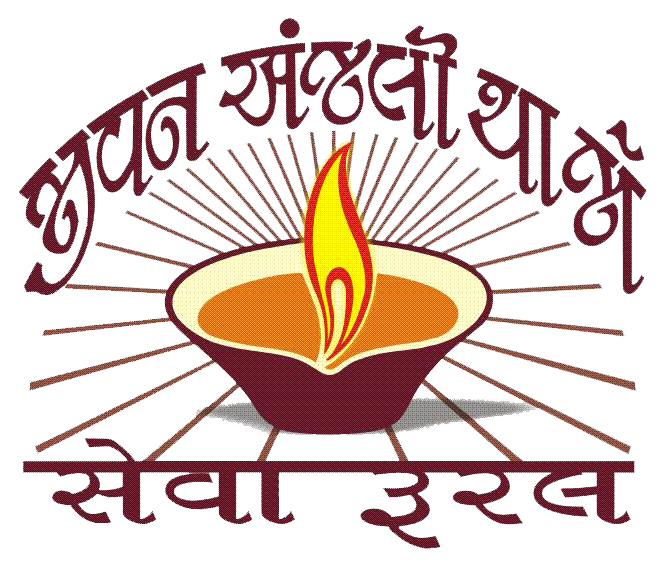Community Health & Research
AIM
Conduct various projects and experiments in Public Health so that the highly deprived rural population avail good quality health services. Establish models so that successful models may be effectively applied in other areas.
METHOD & IMPACT
Managing Primary Health Centre (1985-1999): SEWA Rural successfully managed the total health care responsibility of one Primary Health Centre (PHC) covering 40,000 population. This was entrusted by the state government under a unique NGO-GOG Partnership. The project achieved health targets for all by 2000 AD much earlier and sustained them over a period of time.
Family Centred Safe Motherhood and New Born Care Project (2003-2011): The main aim of the project was to develop an evidence-based community model, supported by hospital, to reduce maternal and neonatal mortality and morbidity in entire Jhagadia covering 168 villages (pop. 175,000). The project resulted in in 75 % reduction in cases of maternal deaths and about 39 % reduction in Neonatal Mortality Rate.
Digital Health (2012-ongoing): SEWA Rural, with Argusoft India Ltd are deeply involved in co-developing, implementing and evaluating an IT platform called MedPlat (ImTeCHO/TeCHO instances) for the strengthening primary health care services in Government health programmes. This IT platform is scaled up by 3 state governments covering 300 million population.
Additionally, SEWA Rural has been part of research studies for developing artificial intelligence models for newborn anthropometry, identification of anemia and conversational AI.
Comprehensive Care Program for Sickle Cell Patients (2014-ongoing): Aim of this project is to provide high quality treatment to sickle cell patients so that they can live a long and healthy life. 2,700 patients are enrolled in this project as of April, 2025. There has been an improvement in the quality of lives of the patients.
Intensive care to high risk newborn babies (2018-ongoing): Aim of the project is to reduce the mortality and undernutrition rate among newborn babies who are discharged from the intensive care unit. More than 4,000 babies are benefiting. Severe malnutrition was reduced by 80% and moderate malnutrition by 65%. Child mortality was reduced by about 75%.
Comprehensive Primary Healthcare Program (2022-ongoing): This implementation research project aims to develop how a population-based community-based service delivery model can improve the coverage and quality of primary health services in remote tribal villages. More than 3,700 patients are treated for hypertension, diabetes, mental health disorders and palliative care needs.
Research and advocacy (Ongoing): Research is undertaken to develop, and test innovative practices and products in the areas of primary health, maternal and child health, non-communicable diseases, sickle cell disease, digital health, adolescent health, hospital-based health, tribal health and implementation research. Some of the innovations are upscaled by the government and other organizations. There have been more than 30 peer reviewed publications. An institutional ethics committee has been active. SEWA Rural is a recognized as a research organization by the Department of Science and Industrial Research.
Technical assistance (ongoing): is provided by experts from SEWA Rural to other organizations including NGOs, government, international agencies and academic organizations. Our experts are providing extensive technical assistance to the Jashoda Narottam Public Charitable Trust in the remote tribal areas of Kaprada and Dharampur blocks.

